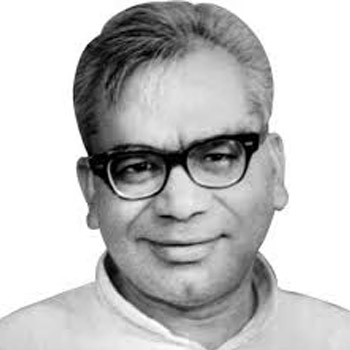Maharatna Navratna and Miniratna Scheme
Maharatna Scheme
The Government introduced the Maharatna scheme in December 2009 with the objective to delegate enhanced powers to the Boards of identified large sizes of Navratna CPSEs to facilitate further expansion of their operations, both in domestic as well as global markets. The Maharatna CPSEs in addition to having Navratna powers have been delegated additional powers in the area of joint ventures/ subsidiaries and human resources development. The Maharatna CPSEs (accordingly can invest Rs. 5000 crores in one project (Rs. 1,000 crores for Navartna CPSEs) and create below Board level posts up to E-9 level (E-6 for Navratna CPSEs). The Government has currently conferred Maharatna status to 4 CPSEs namely, (i) Indian Oil Corporation Limited (IOC), (ii) NTPC Limited, (iii) Oil and Natural Gas Corporation Limited (ONGC), and (iv) Steel Authority of India Limited (SAIL).
Navratna Scheme
The Government had introduced the Navratna Scheme in 1997 in order to identify CPSEs that enjoy comparative advantages in their respective sectors and to support them in their drive to become global giants. The Navratna CPSEs have been given enhanced autonomy and delegation of powers to incur capital expenditure to enter into technology joint ventures/strategic alliances, to effect an organizational restructuring, to create and wind-up posts up to Board level, and to raise capital from domestic and international markets. Restructuring of the Board by inducting at least 4 non-official Directors is a pre-condition for the exercise of the enhanced powers. Presently there are 15 Navratna CPSEs viz. (i) Bharat Electronics Limited, (ii) Bharat Heavy Electricals Limited, (iii) Bharat Petroleum Corporation Limited, (iv) Coal India Limited, (v) GAIL (India) Limited, (vi) Hindustan Aeronautics Limited, (vii) Hindustan Petroleum Corporation Limited, (viii) Mahanagar Telephone Nigam Limited, (ix) National Aluminium Company Limited (x) NMDC Limited (xi) Oil India Limited, (xii) Power Finance Corporation Limited, (xiii) Power Grid Corporation of India Limited, (xiv) Rural Electrification Corporation of India Limited and (xv) Shipping Corporation of India Limited.
Miniratna Scheme
The Government had introduced the Miniratna scheme in 1997 in pursuance of the policy objective to make the public sector more efficient and competitive and to grant enhanced autonomy and delegation of powers to the profit-making public sector enterprises. The enhanced powers given to Miniratna CPSEs include the power to (i) incur capital expenditure, (ii) enter into joint ventures, (iii) set up technological and strategic alliances, and (iv) formulate schemes of human resources management. The administrative Ministries are empowered to declare a CPSE as a Miniratna if it fulfills the eligibility conditions. Presently, there are 61 Miniratna CPSEs (47 category-I and 14 category-II).




